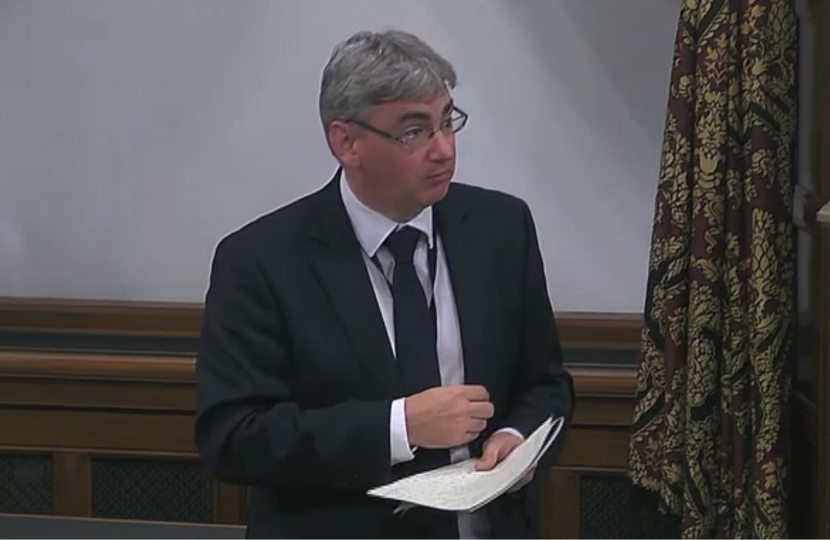

The Budget is one of the biggest events in the political calendar. Every year, the Chancellor stands up in the House of Commons and sets out the Government’s spending plans for the year ahead.
It’s one of those bits of theatre that the British constitution does so well. But it can give the misleading impression that the business of the Budget is all sorted out in the course of a few weeks. But ‘off-stage’ driving change at Westminster takes much longer.
As MPs there are numerous ways that we go about influencing the Budget. The first is through lobbying the Government, first by submitting written questions on important topics and then following those up with face-to-face meetings with the responsible ministers where we can make our case directly.
Last week I met Philip Hammond, the Chancellor himself, to talk about both Solihull’s specific needs and my recommendations for building a strong and fair national economy. I was particularly glad of the opportunity to raise the issue of aggressive tax avoidance – it is one thing for people to save for their families and retirements, but big multi-nationals selling into the UK should pay their fair share.
I have also taken my campaign against aggressive tax avoidance directly to the House of Commons, when I tabled a series of amendments to the Finance Bill. These were aimed not only at big companies but also high-earning individuals such as footballers, where loopholes in the rules governing things like image rights cost the Treasury millions.
Amendments are one of the most important ways that MPs can shape legislation as it passes through Parliament – as all the coverage of the Withdrawal Bill has probably made clear!
My other national priority, as Chairman of the All-Party Parliamentary Group for Fairer Fuel, has been working to get a good deal for the millions of motorists who drive diesel cars.
Tony Blair’s ministers spent years urging voters to switch to diesel, and whilst ministers are right that the Government cleans up their mess it shouldn’t place new burdens on the shoulders of hard-pressed families, commuters, and small businesses.
Originally published in the Solihull Observer, 12/10/17.